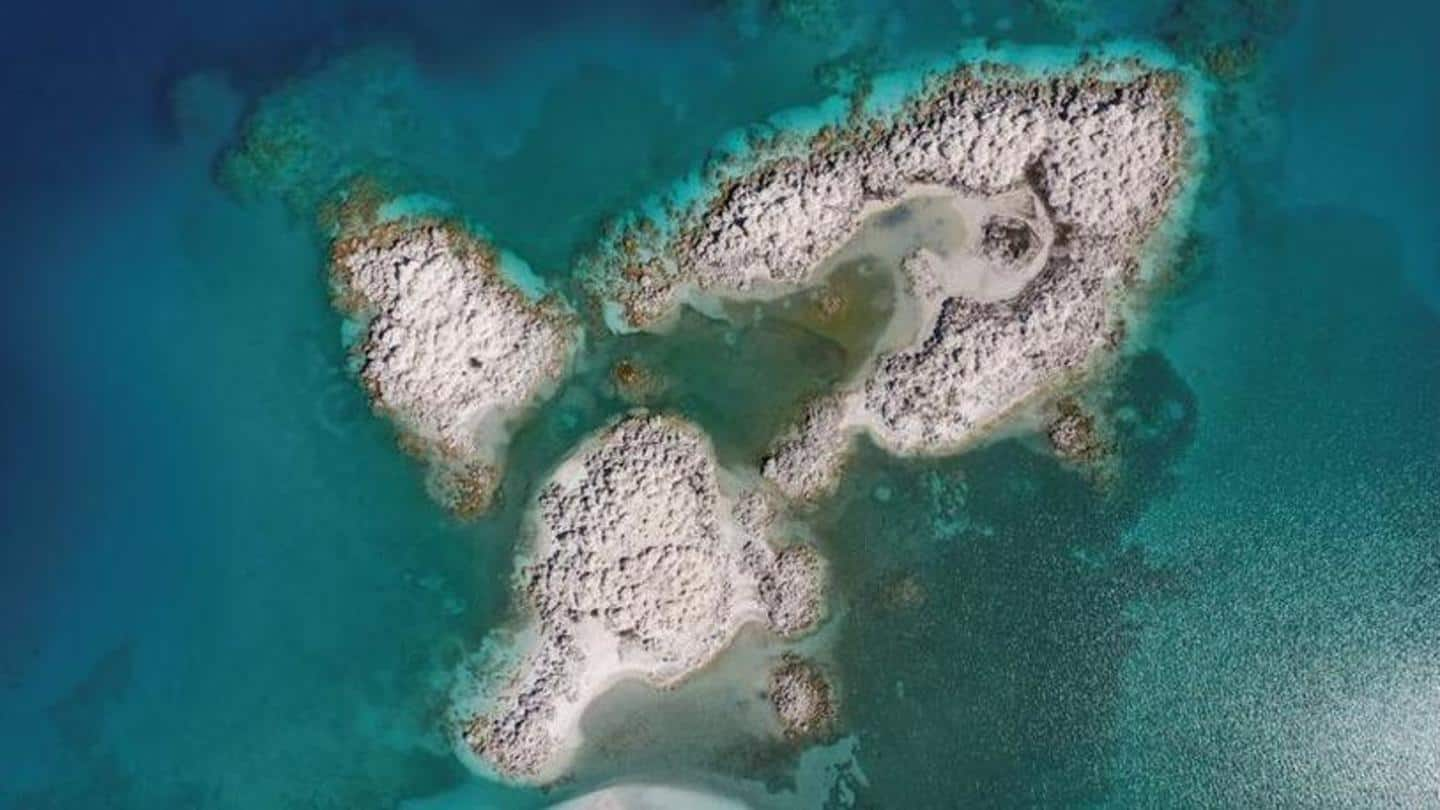
Turkish lake may hold clues to ancient life on Mars
What's the story
As NASA's rover Perseverance explores the surface of Mars, researchers looking for signs of past life on the red planet are using the data collected from a mission much closer to home - a lake situated in Southwest Turkey.
NASA says the minerals and rock deposits at Salda Lake are the closest match on Earth to those found around the Jezero Crater of Mars.
Details
How will the information help researchers?
Notably, the Jezero Crater is believed by experts to have once been flooded with water.
Now, the information gathered from the Salda Lake may help scientists as they hunt for skeletal traces of microbial life secured in sediment and thought to have been stored around the delta and the long-vaporized lake that it once fed.
Details
'A powerful analogue where we can learn'
Thomas Zurbuchen, NASA Associate Administrator for Science, told Reuters, "Salda...will serve as a powerful analogue in which we can learn and interrogate."
A team of American and Turkish planetary scientists had conducted research in 2019 on the shorelines of the lake, popularly known as Turkey's Maldives because of its white shores and sky blue water.
Procedure
Beach sediments will be compared with carbonate minerals
Scientists believe that the sediments around the lake eroded from large mounds that are formed with the help of microbes and are called microbialites.
Meanwhile, the team behind the Perseverance rover wants to find out whether there are microbialites in the Jezero Crater.
They will also compare the beach sediments from Salda Lake with the carbonate minerals detected on the margins of Jezero Crater.
Quote
'Glad we have that lake'
"When we find something at Perseverance we can go back to look at Lake Salda to really look at both processes, (looking at) similarities but equally importantly differences that are really between Perseverance and Lake Salda," Zurbuchen explained.
"So we are really glad we have that lake, just because I think it will be with us for a long time," the NASA official added.